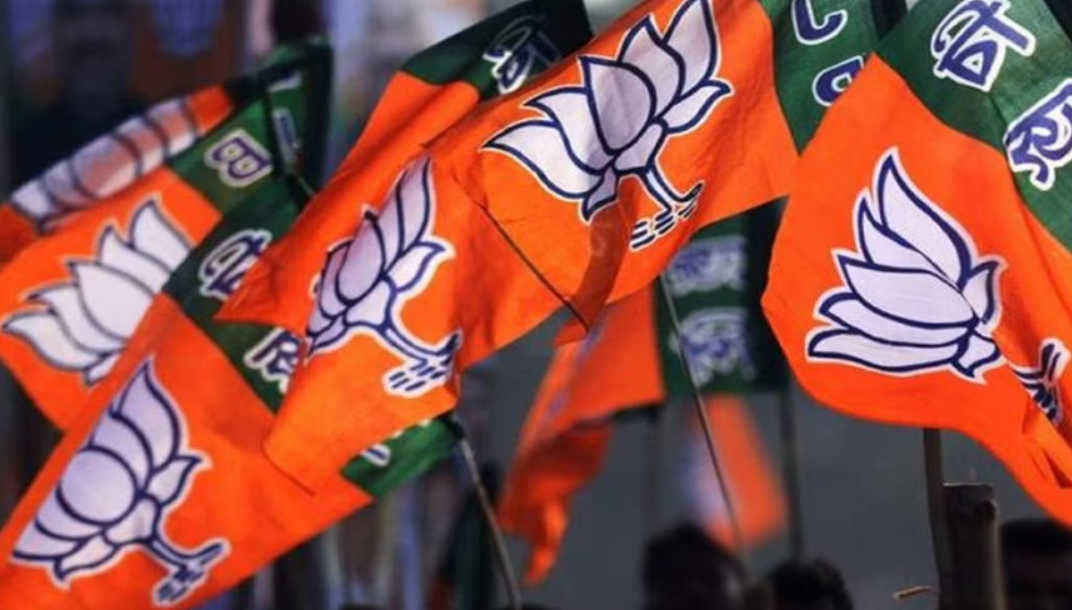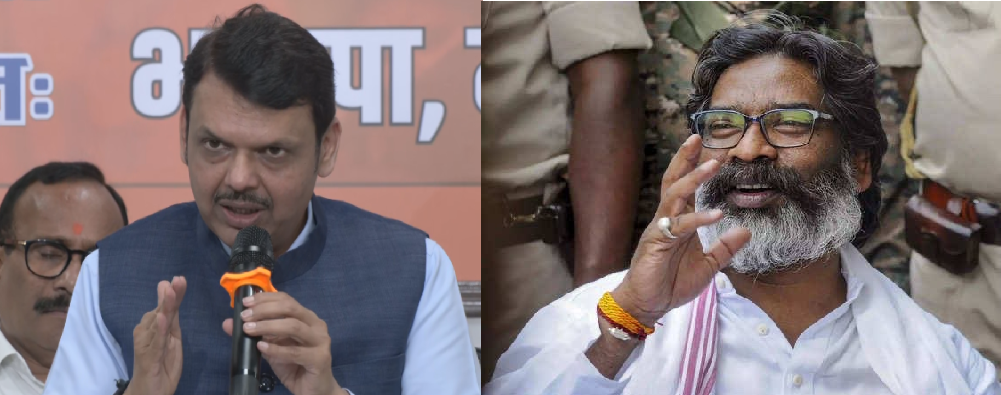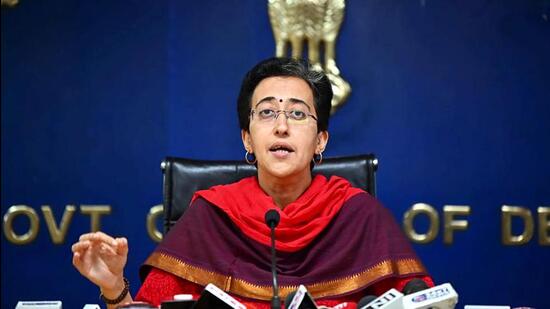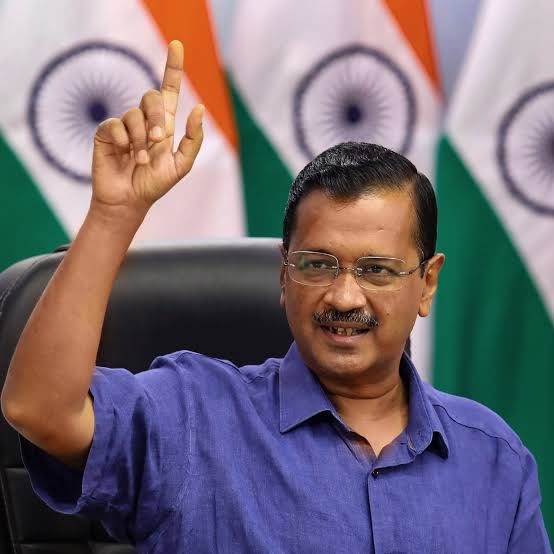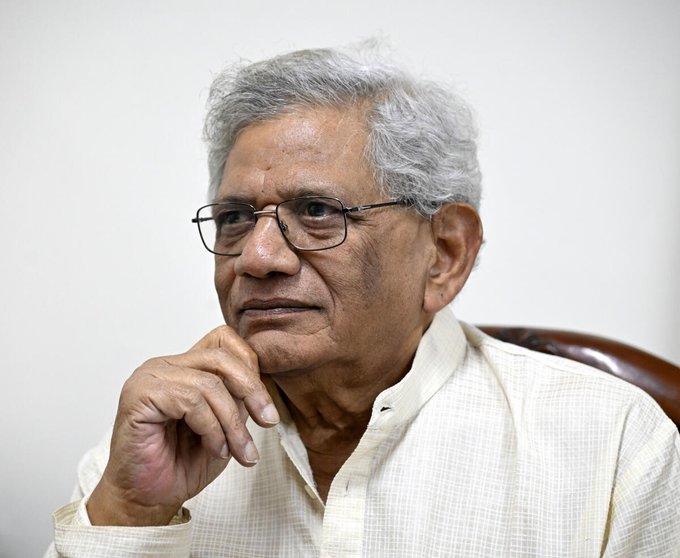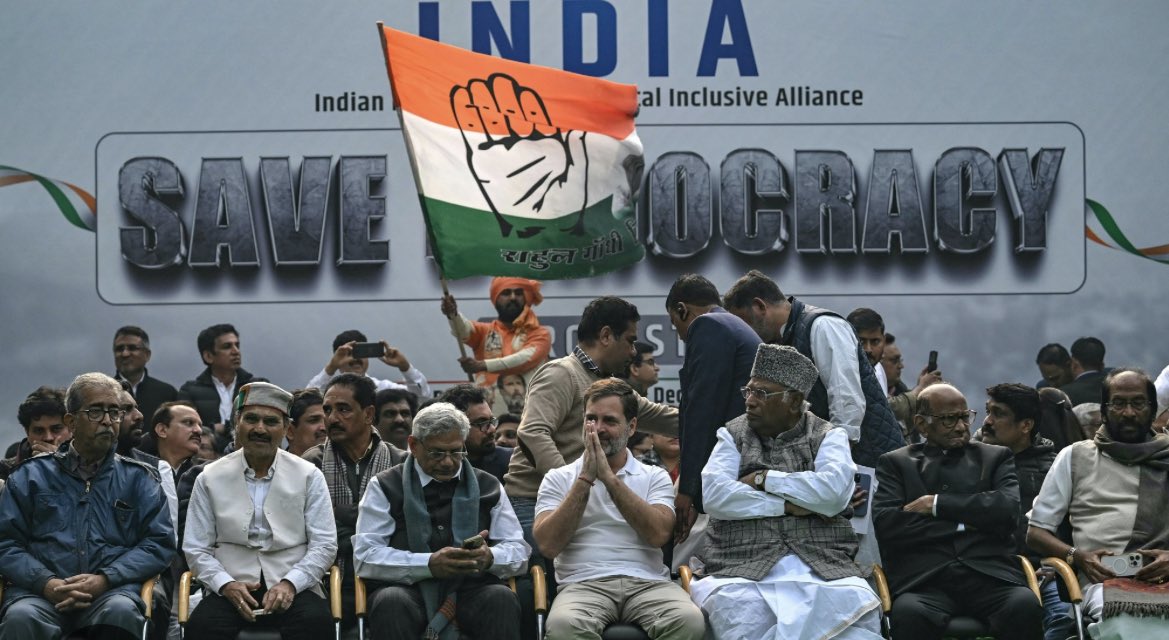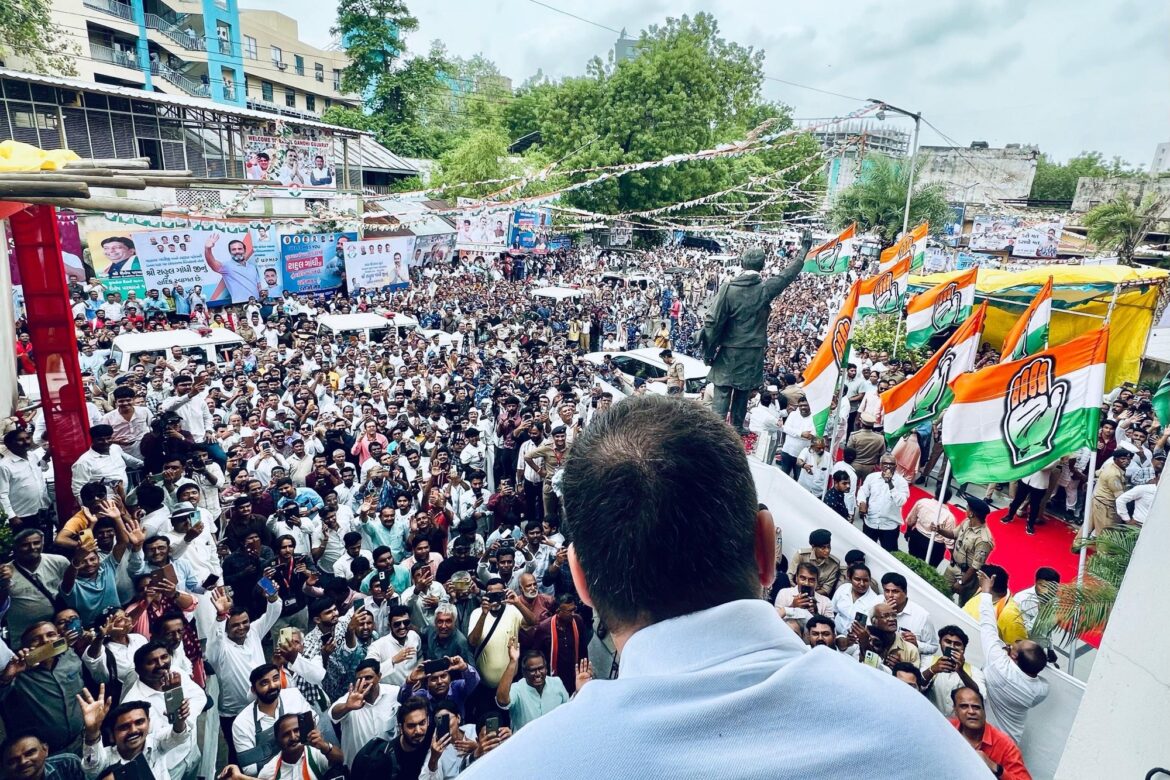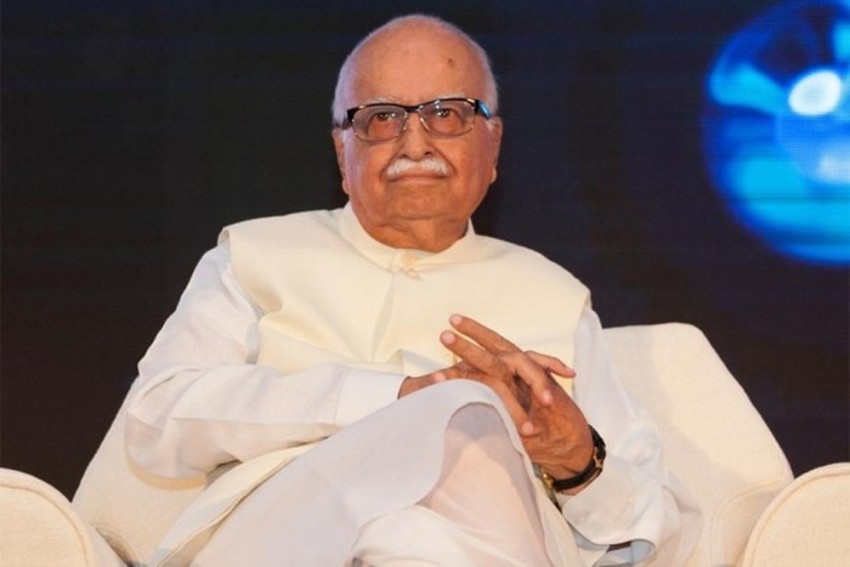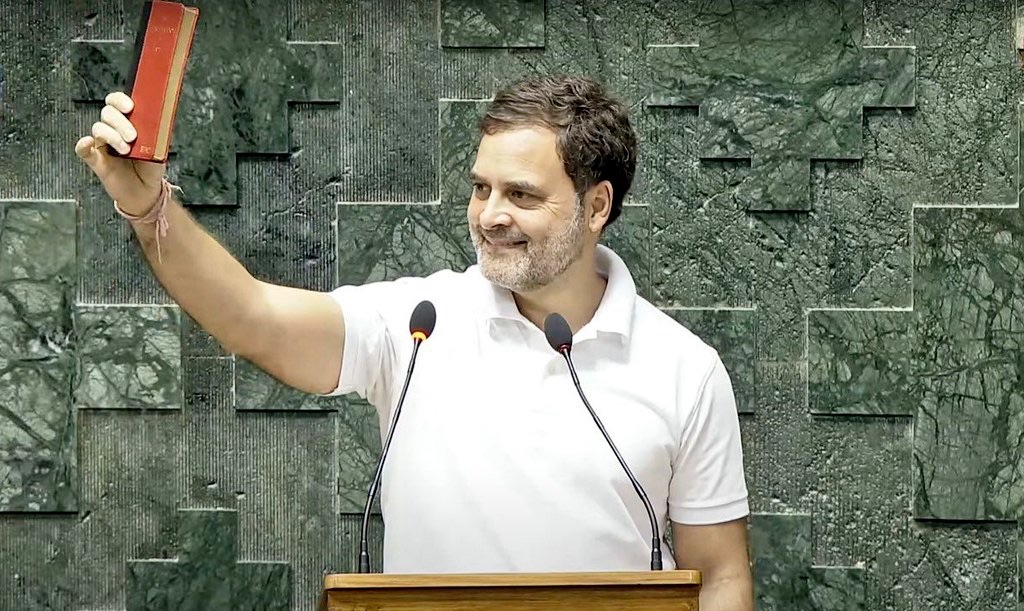BJP Secures Landslide Victory in Gujarat Local Elections
Gujarat witnessed a decisive win for the Bharatiya Janata Party (BJP) in the recently concluded local elections, as the party dominated both the Nagar Palika and Taluka Panchayat polls.
Nagar Palika Results (1912/1912 Seats Counted)
- BJP: 1402 🏆🔥
- INC: 260
- Others: 236
The BJP secured a sweeping majority in the Nagar Palika elections, leaving the Congress (INC) far behind with only 260 seats, while independent and other party candidates won 236 seats.
Taluka Panchayat Results (78/78 Seats Counted)
- BJP: 55 👌
- INC: 17
- Others: 06
The ruling party also showed its dominance in the Taluka Panchayat elections, winning 55 out of 78 seats, while Congress secured 17, and other candidates claimed 6 seats.
The results reflect the BJP’s continued stronghold in Gujarat, with voters reaffirming their trust in the party’s leadership at the local level. Party leaders celebrated the victory, attributing it to their governance model and development initiatives. Meanwhile, Congress and other opposition parties will likely reassess their strategies after this setback.
Stay tuned for further updates on reactions and the impact of these results on Gujarat’s political landscape.


